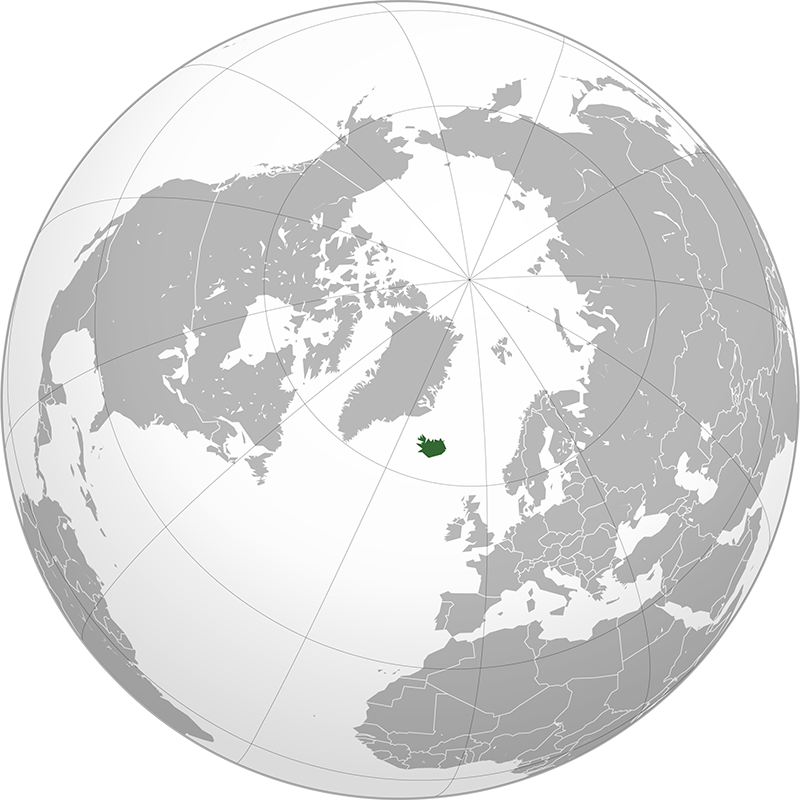
- Population:
- 393,000
- Religion:
- Christianity
Iceland was settled by Norse explorers in the 9th century and later came under Norwegian and Danish rule. It gained full independence in 1944. The country has developed into a prosperous nation with a strong economy based on fishing, renewable energy, and tourism.
Iceland is a Nordic island country located in the North Atlantic Ocean, between Greenland and Norway. Covering an area of approximately 103,000 square kilometers, it has a population of about 370,000 people as of 2023, making it the most sparsely populated country in Europe. The capital and largest city is Reykjavík. The official language is Icelandic. Iceland operates as a parliamentary republic. The economy is mixed, with key sectors including tourism, fisheries, renewable energy, and information technology. Iceland is known for its stunning natural landscapes, including geysers, hot springs, waterfalls, glaciers, and volcanoes. The country is a member of the United Nations, NATO, the European Free Trade Association, and the Schengen Area, but it is not a member of the European Union.






